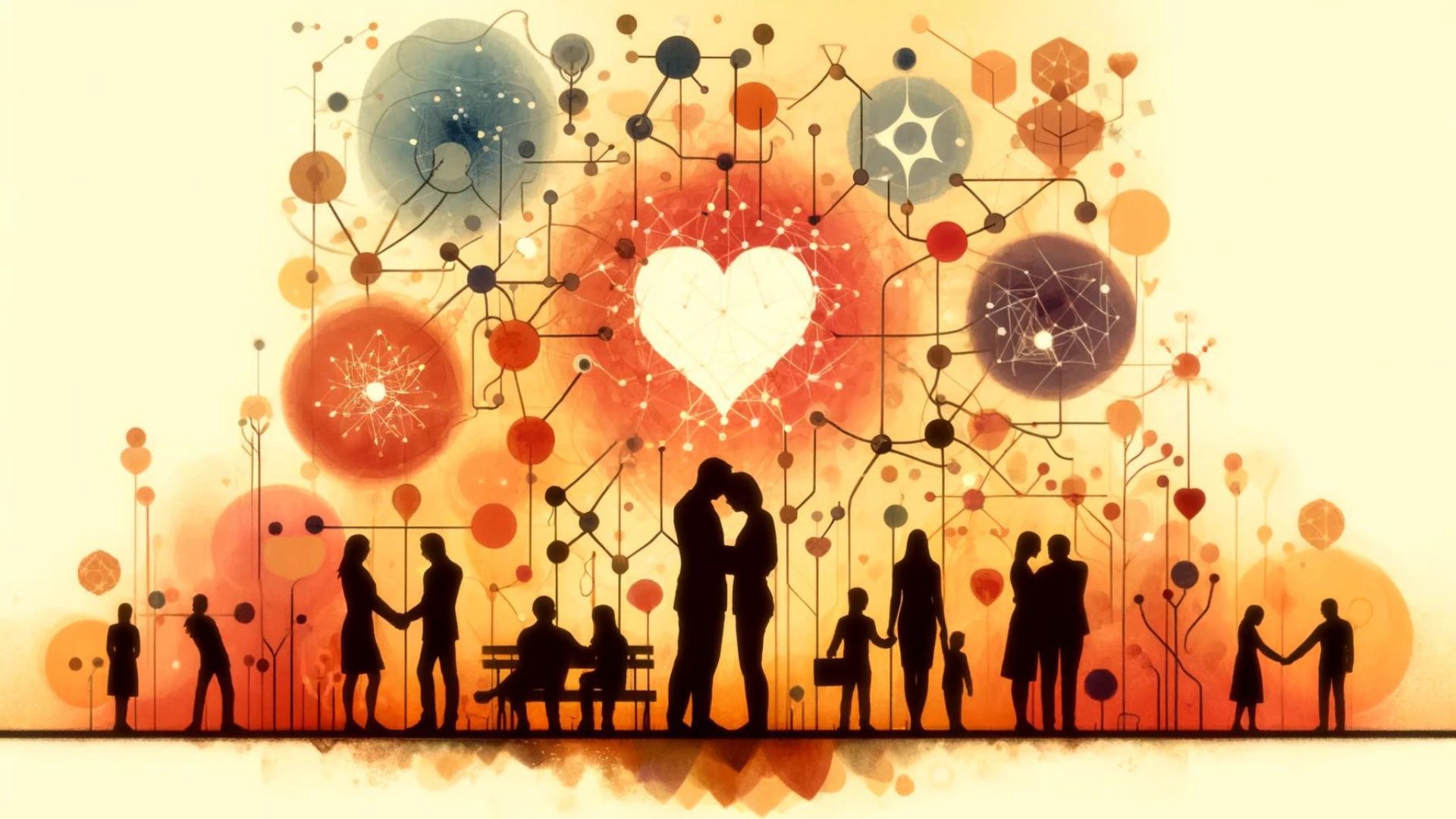Oxytocin: The Chemical Connection Behind Our Social Lives
Oxytocin, often nicknamed the “love hormone”, is far more than a warm, fuzzy feeling. This powerful chemical plays a crucial role in shaping our social bonds, influencing how we form and maintain relationships throughout our lives.
What is Oxytocin?
Oxytocin is a hormone and neuropeptide produced in the brain. It’s released in significant amounts during:
- Childbirth and breastfeeding
- Physical touch (hugs, cuddling)
- Sexual intimacy
- Social interactions
Oxytocin and the Science of Bonding
Research reveals several ways oxytocin weaves our social fabric:
- Parent-child Bonds: Oxytocin surges for both mothers and fathers, fostering attachment and nurturing behaviors.
- Trust and Connection: It increases trust in others, promoting cooperation and reducing social fear.
- Romantic Love: Oxytocin plays a role in feelings of attachment and pair-bonding between partners.
- Empathy and Reading Others: Some studies suggest oxytocin enhances our ability to understand the emotions of others.
Beyond the Cliché: Oxytocin’s Nuanced Role
It’s important to remember:
- Oxytocin isn’t a magic love potion: Healthy relationships are complex, and oxytocin is just one piece of the puzzle.
- Context matters: The hormone’s effects are influenced by personality, past experiences, and the nature of the relationship itself.
- It can even promote in-group bias: Oxytocin might make us more trusting towards those within our social circle, but less so towards outsiders.
The Power of Social Touch
One of the easiest ways to boost your oxytocin naturally is through simple acts of connection:
- Hugs with loved ones
- Holding hands
- Meaningful conversations
- Even petting a dog!
Oxytocin as a Potential Therapy
Researchers are exploring the potential of oxytocin-based therapies for conditions related to social difficulties, such as autism spectrum disorder or social anxiety. While promising, this field is still developing.
The Takeaway
Oxytocin is a powerful reminder of the biological basis for our need for connection. Whether it’s nurturing a new baby, building trust with a friend, or falling in love, this fascinating hormone helps us forge the bonds that make life meaningful.










0 Comments